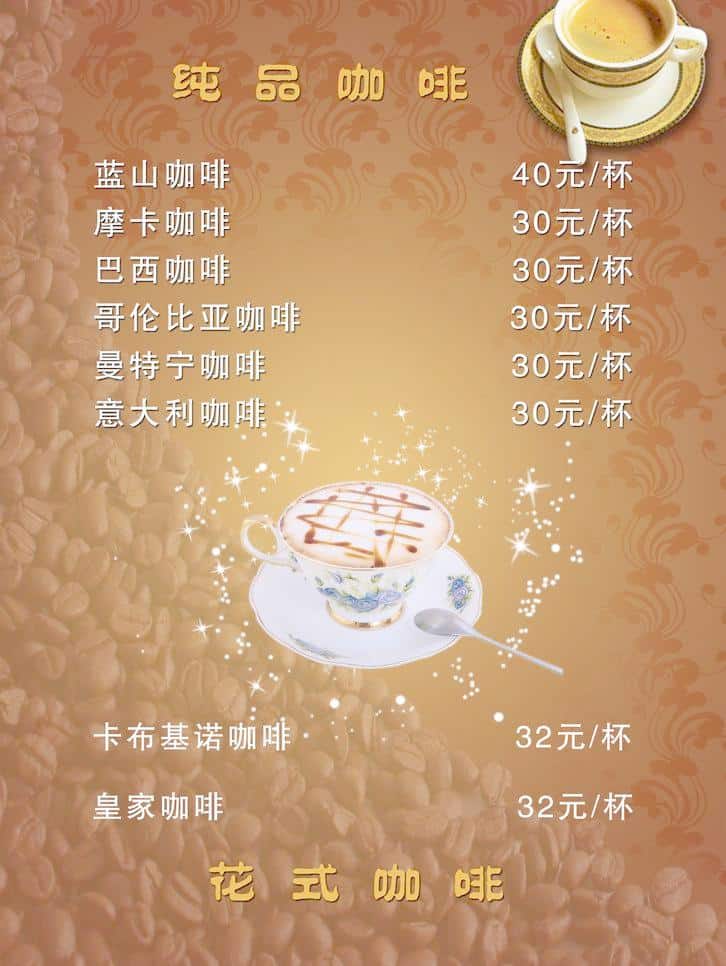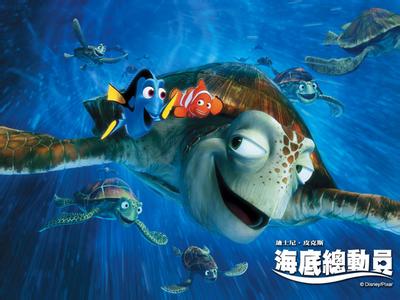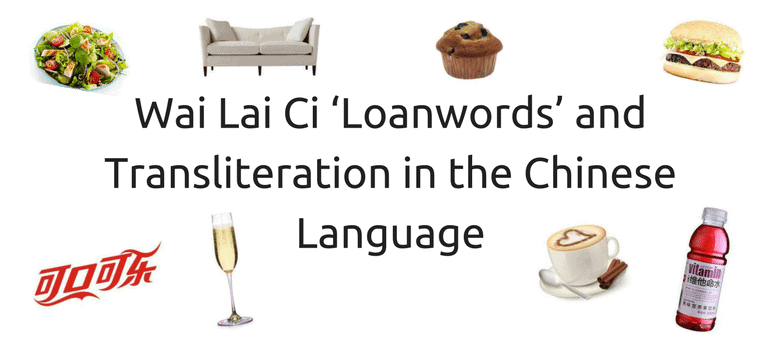It will only take [est_time] to read this post!
The idea of preserving a language is not an uncommon one. All over the world, dialects are dying out and it’s up to the people to keep them alive. There are over 6500 languages spoken, but 2000 of those have less than 1000 speakers. Mandarin Chinese has the most speakers in the world, with almost 1 and a quarter billion people speaking it. So, it seems funny that considering the amount of people who speak it (Spanish is second with a little over 400 million speakers), the Chinese language should seem to be one of the most ‘preserved’ languages.
It is only within the last few years where English words have cropped up in Chinese social media, where they are predominantly used as puns and slang. In general though you would be hard pushed to open a newspaper and see an English word or name. Using transliteration preserves the origins of the Chinese language.

外来词 (wài lái cí) Foreign ‘loan’ Words
The idea of taking a foreign word or concept and using it in the Chinese language is called 外来词 (wài lái cí). There are several different ways that 外来词 (wài lái cí) can be assimilated into the Chinese language, most often by transliteration 音译 (yīn yì) and translation based on the appearance or function of the object.
Transliteration
Transliteration is mostly used for brands, names, or nouns that if described using Chinese words would be too long. Let’s take 2 of my favourite things as an example, coffee and cakes <3
Coffee types such as latte and mocha, do not have Chinese words and so transliteration is used to give them an equivalent Chinese name, often called a ‘loan’ word. Latte becomes 拿铁 (ná tiě) and mocha is 摩卡 (mó kǎ). Unless you are are aware that these words exist it is impossible to know, unlike many other Chinese words, what it actually is. The characters 拿 and 铁 have no connection to coffee, but if literally translated would produce ‘to hold iron’. Similarly, 摩卡 (mó kǎ) would result in ‘rub card’ or something equally bizarre. Of course, context is often key with transliteration words, which is why in a non-coffee shop environment, you might clarify your meaning by adding the word for coffee ‘咖啡’ (kā fēi).

Note: If you’re not sure what this menu says, you can try out our OCR tool for free by downloading the Written Chinese Dictionary app and tapping the ‘SCAN’ button in the menu. Hold your cameras phone up to the menu, and it will automatically translate the characters for you!
Cakes types also have a similar system. I remember the first time I heard someone say tiramisu in Chinese ‘提拉米苏’ (tí lā mǐ sū) and thinking ‘is this for real?’. It’s brilliant. Macaron, the french meringue is also part of this transliteration fun, and becomes 马卡龙 (mǎ kǎ lóng), or the ‘horse-stopping-the-dragon’.
Translation based on the Object
The only way to make new word in Chinese, unless you’re Jacky ‘Duang’ Chan, is by combining two existing characters or morphemes. With the invention of the aeroplane, came 飞机 (fēi jī) ‘flying machine’ and telephone became 电话 (diàn huà) ’electrical speech’. Since neither aeroplanes or telephones existed when the Chinese language began, these new words are created based on their function or description. During the twentieth century, many new inventions that arrived in China, came first from Japan.
Combination Translations
Some words are translated using transliteration, whilst also cleverly basing the translation on the object. For example,
维他命 (wéi tā mìng) vitamin
维 (wéi) to preserve
他 (tā) his
命 (mìng) life
酷 (kù) cool (strong)
黑客 (hēi kè) hacker
黑 (hēi) black/shady/secret
客 (kè) visitor
蹦极 (bèng jí) bungee jumping
蹦 (bèng) to jump
极 ( jí) extremely
镭射 (léi shè) laser
镭 (léi)
射 (shè)
Direct Translations
Some of my favourite words in Chinese are the ones that have been directly translated from their western counterpart. For example, words such as hot dog 热狗 (rè gǒu) and second hand 二手 (èr shǒu) (this one is more like ‘2-hand’, but you get my drift…) do not use transliteration, but directly translate the English.
Transliteration of Names and Brands
Objects, brands and even names are ‘transliterated’ into their Chinese equivalent. Transliteration is the conversion of an English (or other language) word or name into Chinese characters that have a similar sound and also with a positive meaning.
For example, the biologist Charles Darwin would become 达尔文 (dá ěr wén).
Since a single character is similar to a syllable, in its sound, it’s often quite easy to translate an English or other foreign name into Chinese.
Sometimes, actors who have become famous in one role take on a Chinese nickname. For example, Benedict Cumberbatch and Martin Freeman known for playing Sherlock Holmes and Watson respectively, are lovingly known as 卷福 (juǎn fú) ‘Curly Fu’ and ‘Peanut’ by their Chinese fans. ‘Fu’ comes from the first character of Holmes in Chinese ‘福尔摩斯’ (fú ěr mó sī) combined with his trademark curly hair. The name, ‘Peanut’, comes from the Chinese translation of Watson ‘华生’ (huá shēng), which sound a lot like the Chinese word for peanut, ‘花生‘ (huā shēng).

Characters such as the one found in the Chinese for Holmes, 福 (fú), 尔 (ěr) and 斯 (sī) are often found in the transliteration of names. Although the character 福 (fú) means ‘lucky’ in Chinese, it is no longer considered a character refined enough to be used in a real Chinese name, but can be used in transliteration.
We also use transliteration for names created by our Chinese name generator. You can try it now for free!
Of course, one of the things you have to be careful of is the meaning. Unlike syllables, each Chinese character has a distinct meaning that some companies have used to their advantage when translating from English to Chinese.
For example, 可口可乐 (kě kǒu kě lè) not only sounds like Coca Cola, but cleverly states ‘’drink and you’ll be happy”.
Many other companies have also used the Chinese radicals to sell their products. For example,
Maybelline, the American cosmetics brands translates to 美宝莲 (měi bǎo lián) meaning ‘beautiful, jewelled lotus’.
You can read more about the translation of Western brands here.
Movie Translations
Movie names are not usually translated using transliteration, although actors names often are. If there are a group of movies that follow the same theme or production company, like Disney Pixar, they may all include the same characters. With many pixar movies, the characters 总动员 (zǒng dòng yuán), meaning ‘general mobilization’ are included in the titles of Finding Nemo 海底总动员 (hǎi dǐ zǒng dòng yuán), Toy Story 玩具总动员 (wán jù zǒng dòng yuán) and Cars 赛车总动员 (sài chē zǒng dòng yuán).

Other movies are translated based on the movie genre and content and not on their English or western title. For example, Ratatouille, is a movie about a rat who becomes a chef, so the Chinese title becomes 料理鼠王 (liào lǐ shǔ wáng) ‘Mouse King of Cooking’ instead of using transliteration to translate the French dish, ratatouille.
If you’re interested in learning some more interesting and amusing movie translations into Chinese, you may be interested in our Movie Translation List.
Chinese words in other languages
The Chinese language has influenced many other Asian languages in both spoken and written Chinese. Japanese includes many Chinese characters with added squiggly bits, called Kanji. Chinese can also be found in Korean and Vietnamese. Since I have already mentioned the way that English has been annexed into the Chinese language, it is also extremely interesting to know how Chinese has influenced English words. Many of these words seem to have come from the Minnan dialect, spoken in areas such as Taiwan, Singapore and Malaysia. Two such words are ketchup and tea, that were brought to the English language through trading between China and Dutch traders. The word ‘tea’, came from the Minnan word ‘te’.
Another word that may have come from the results of China-western trading, was ‘typhoon’ or 台风 ‘tai feng’ in Cantonese. However, as this article demonstrates, there are many other possible sources of this translation. There are many other words that the English language has ‘borrowed’ from Chinese, such as Kung Fu 功夫 (gung fu) and lychee 荔枝 from Cantonese and Feng Shui 风水 (fēng shuǐ) and Tai Chi 太极 (tài jí) from Mandarin.
For me, one of the more interesting phrases to have influenced English, is the Chengyu, 好久不见 (hǎo jiǔ bu jiàn) translated almost exactly into ‘long time, no see’. I recently discovered that Chinese people have assumed that this phrase is ‘Chinglish’ and not actually used in the English language.
If you have any comments about the Chinese language and translations, please leave your thoughts below.
